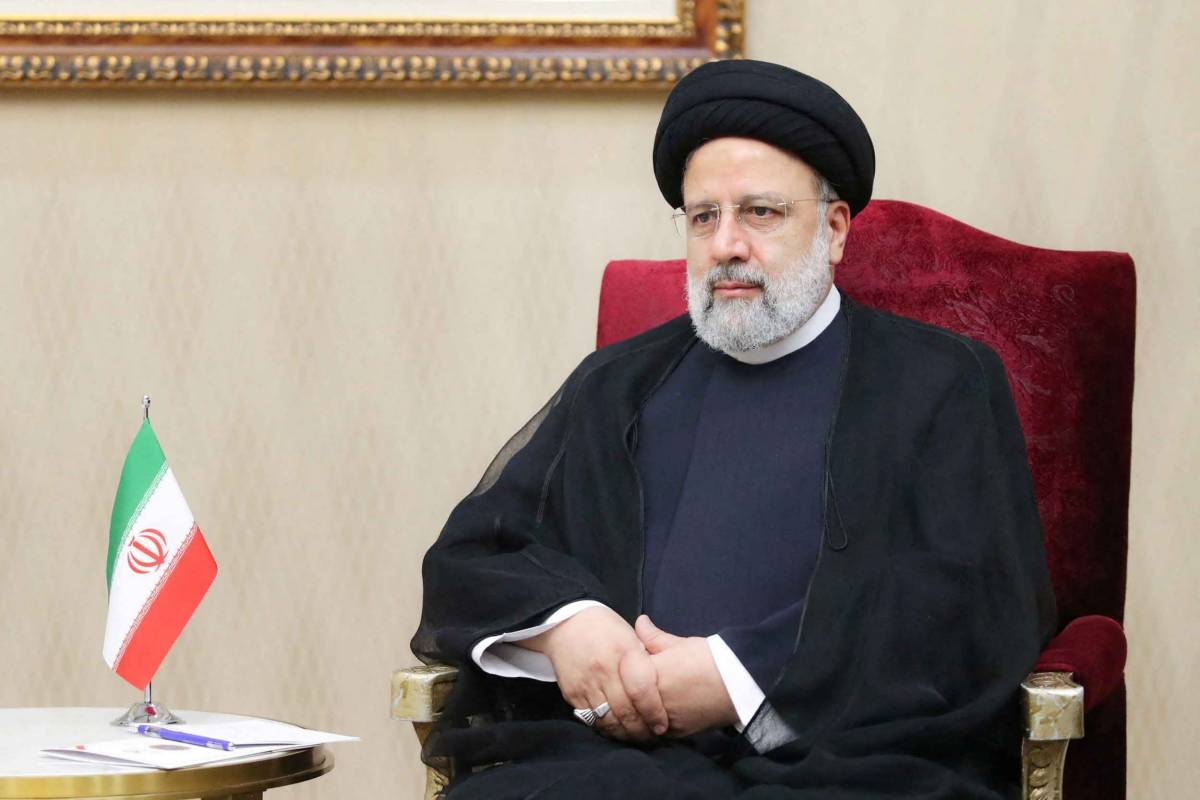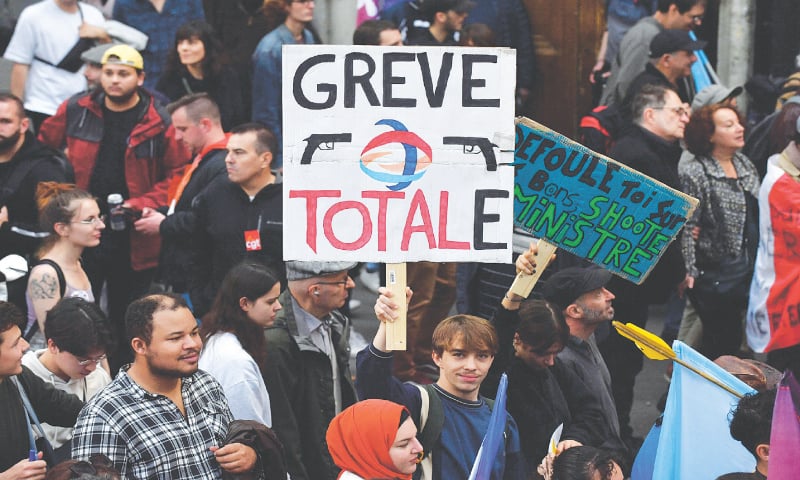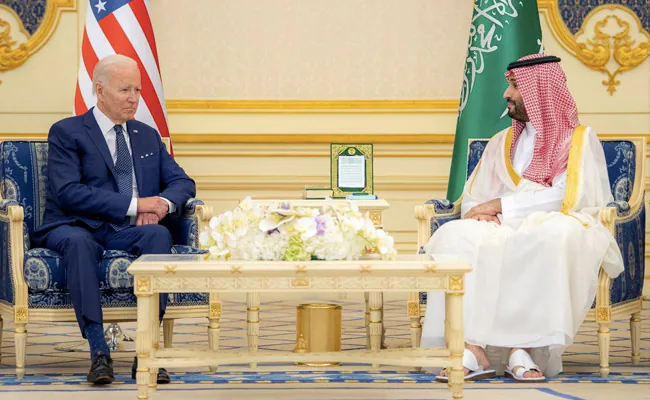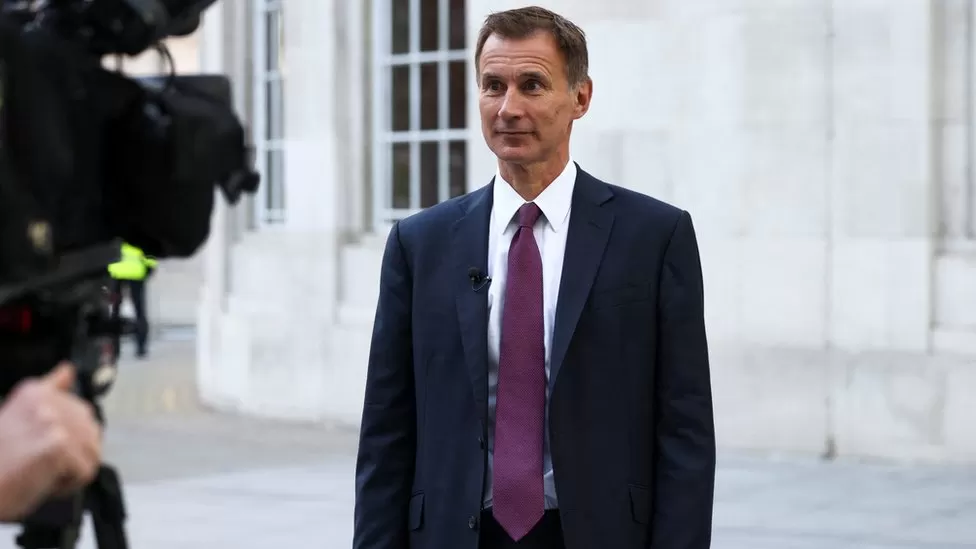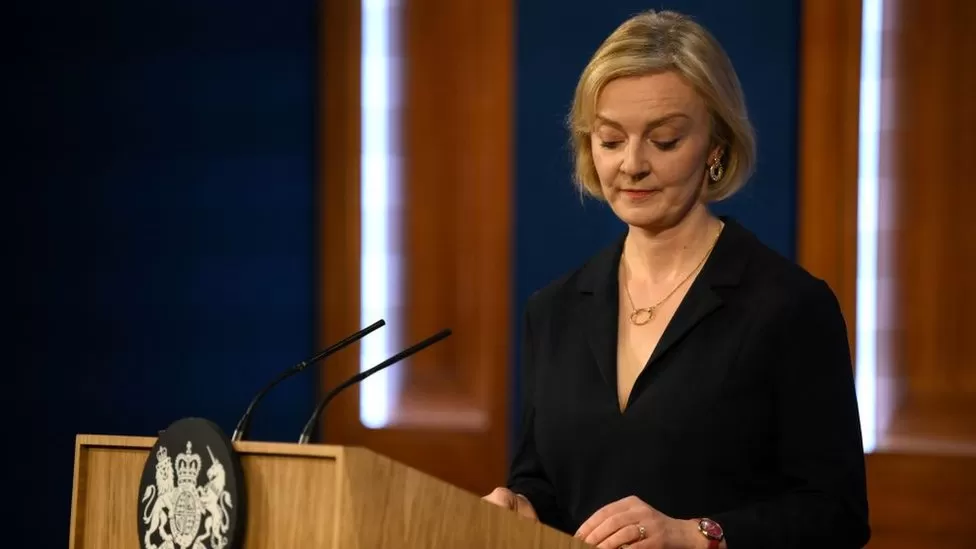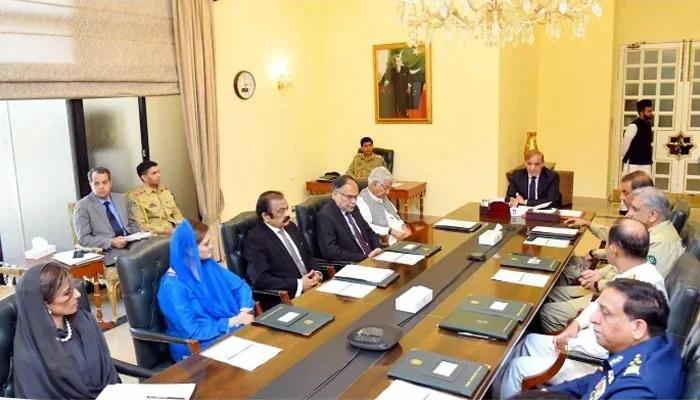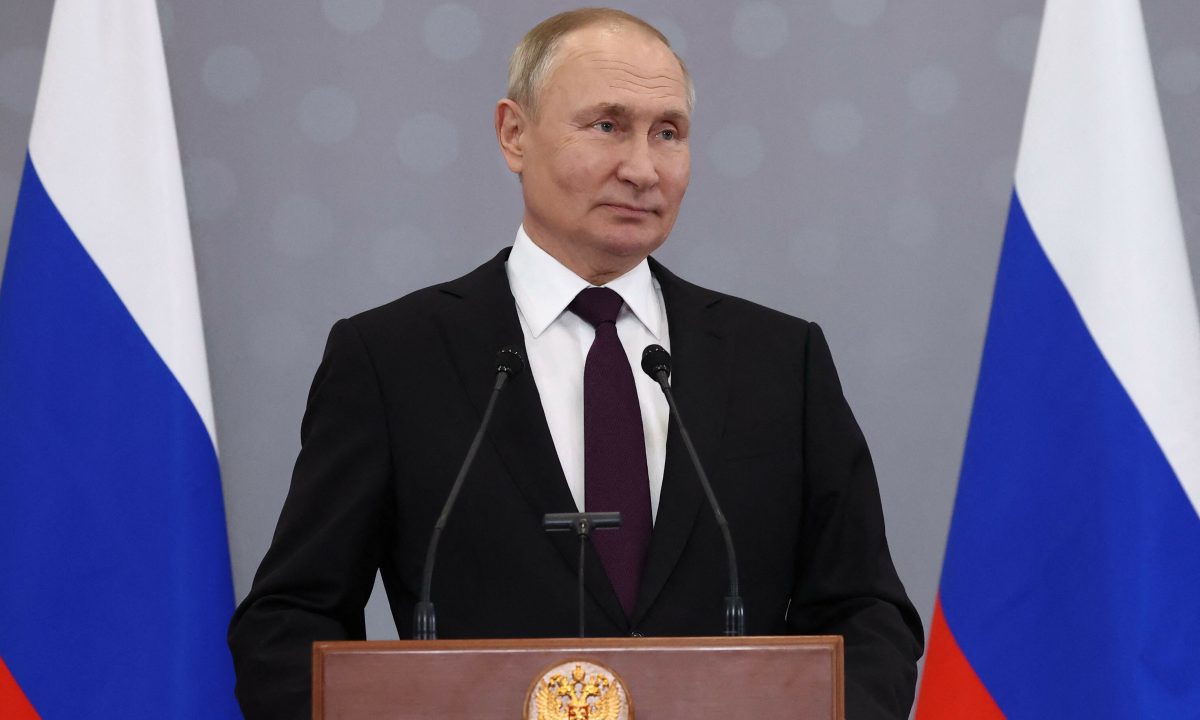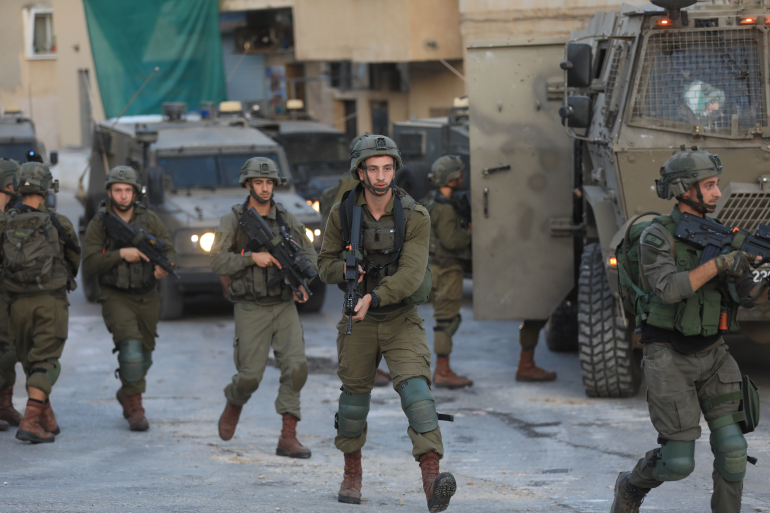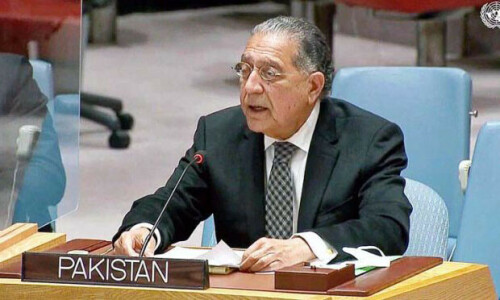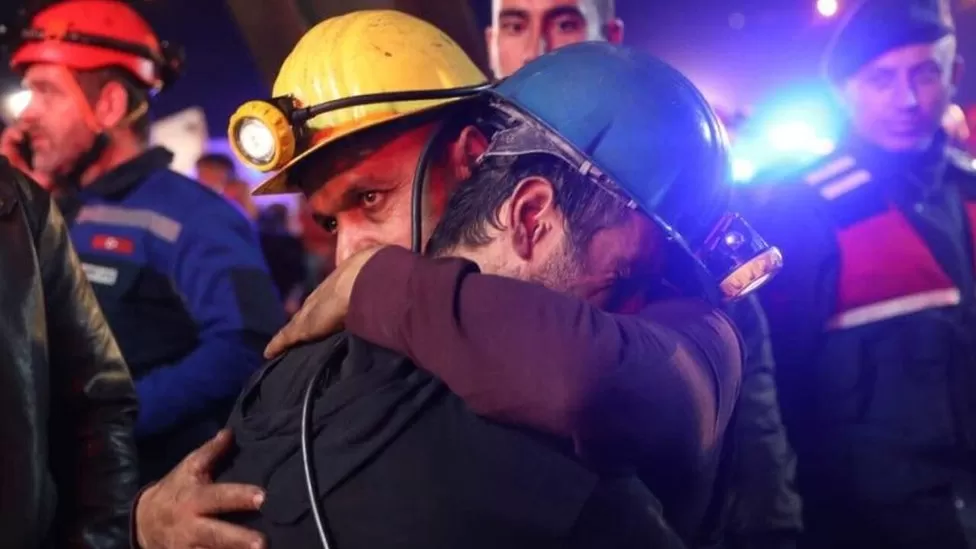“The remarks of the American president, who is inciting chaos, terror and the destruction of another country, serve as a reminder of the eternal words of the founder of the Islamic republic, who called America the Great Satan,” Raisi said, referring to the late Ayatollah Ruhollah Khomenei.
“The enemy’s plot must be countered by effective measures to resolve people’s problems,” Raisi added, according to a presidency statement.
Iran has been rocked by protests since 22-year-old Amini’s death on Sept 16, three days after she was arrested by morality police in Tehran for allegedly violating the country’s strict dress code for women.
The street violence has led to dozens of deaths, mostly among protesters but also among the security forces, and hundreds of demonstrators have been arrested.
Biden had said on Friday that “we stand with the citizens, the brave women of Iran.
“It stunned me what it awakened in Iran. It awakened something that I don’t think will be quieted for a long, long time,” said the US president.
Earlier on Sunday, Iran’s foreign affairs spokesman Nasser Kanani had shrugged off Biden’s comments, saying that “Iran is too strong for its will to be swayed by the interference… by a politician tired of years of failure”. “We will together defend the independence of Iran,” Kanani wrote on Instagram.
On Oct 6, the United States slapped sanctions on seven senior Iranian officials for involvement in the crackdown.
The US Treasury last month also placed sanctions on the morality police.
Cultural invasion
The head of Iran’s Revolutionary Guards accused the West of a cultural “invasion” of Iranian schools, amid protests sparked by the death of Mahsa Amini in police custody.
Street violence over the Kurdish woman’s killing has led to dozens of deaths, mostly of protesters but also members of the security forces, and gatherings have been reported in schools across the country.
“The riots are a path that has come from strategic think tanks in America and England which has spread to our classrooms,” Major General Hossein Salami was quoted as saying on the Guards’ Sepah News website.
“Today the enemy has opened a new area of cultural, political and security invasion… this is the most complex and mysterious battlefield where the enemy has a serious presence,” he said.
“Americans start by having the headscarf removed and continue until the point where our lifestyles become like those of Westerners,” he added.
The Islamic Revolutionary Guard Corps which Salami heads are the ideological arm of Iran’s military.
The United Nations children’s agency Unicef has said it is “extremely concerned” over reports of “children and adolescents being killed, injured and detained” in Iran.
Iranian Education Minister Yousef Nouri, quoted on Sunday by local media, denied the arrest of schoolchildren.


